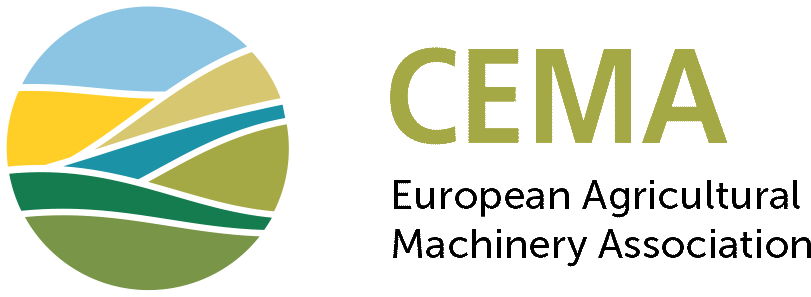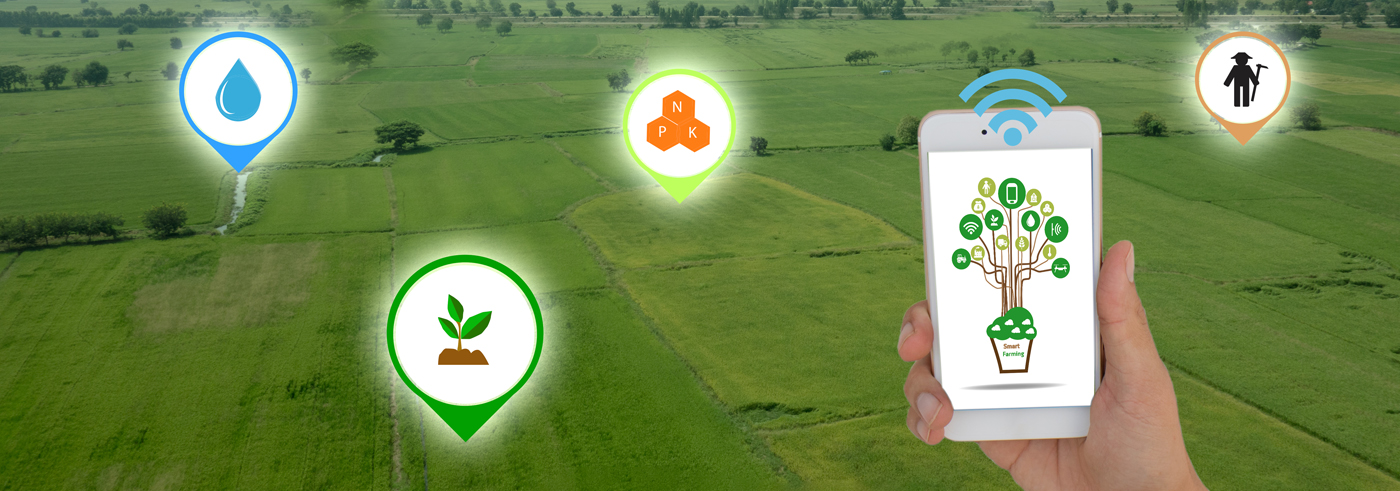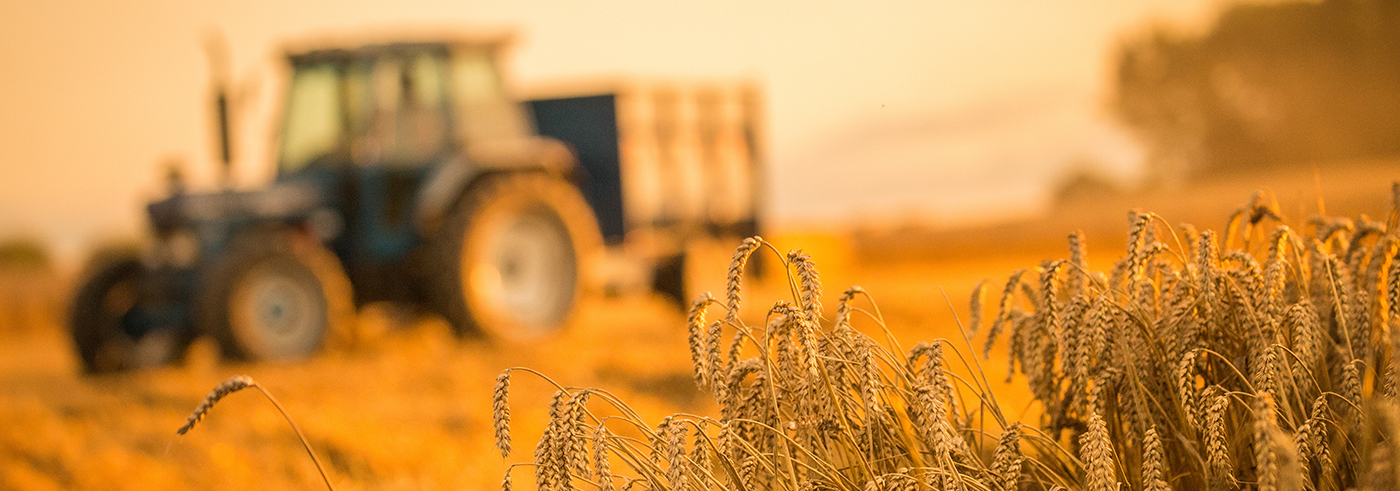Consultation round on the Sustainable Use of Pesticides Directive - industry asks for less hurdles to launch new technologies
A first exchange took place during the remote stakeholder event held on 19th January
***
The European Commission, in cooperation with Portugal's Council Presidency, organised a first remote stakeholder event on 19th January 2021 to consult stakeholders and receive input for the evaluation of the Sustainable Use of Pesticides Directive (SUD).
The event took place in the framework of a consultation round on Directive 2009/128/EC. It highlighted that there is a common acceptance that the current SUD is not delivering. Many open questions remain, though some answers were already provided. The main issues still seem to be linked to the implementation by Member States, the monitoring and which (reliable) indicators to use, and the overall needed architecture and focus.
Dr Peter Hloben, representing the European Agricultural Machinery Association (CEMA), briefed the participants on the CEMA support for reaching the reduction targets in 2030, but indicated that pesticides cannot be fully replaced by non-chemical way of plant protection within this timeframe. Nevertheless, CEMA members constantly develop new application technologies which will allow to reduce the total amount of applied PPPs and their losses while maintaining biological efficiency. The lack of harmonisation is what hinders new technologies to be fully exploited. Therefore CEMA calls upon the regulators to engage for a harmonized certification framework for Drift Reduction Technologies across Europe, to introduce a new harmonised classification for variable rate and site-specific application technologies which would be the same over the different Member States, and in general to support full deployment of new technologies through harmonised conditions for use being specified in the SUD and in harmonised standards.
The message for further take up of technologies like digital / precision tools was also reiterated by CropLife Europe (former ECPA) whose industry is investing 10 Billion Euros until 2030 in precision and digital technologies. CropLife Europe also supports the Commission plans to add complementary indicators in order to consider real world impacts and on farm uptake measures that reduce risk and/or use. Additional indicators which also cover agronomic conditions, uptake of IPM, agricultural productivity, water protection as well as consumer, operator and environmental safety should be added.
COPA-COGECA expressed the main messages from the farmers: there is a need for a more in-depth assessment on the impact of these targets. They insisted on the need for a bigger budget to deliver on the objectives foreseen. In terms of technologies, they emphasised that for certain crops like vines, forestry, rice the use of aerial spraying is important, and underlined the need to reopen the debate on the use of mutagenesis as alternative technology. Within the Integrated Pest Management (IPM) PPPs remain important and essential, and for certain crops indispensable. They insisted for a science-based assessment in which both hazard and exposure is used.
Many other interesting interventions and views were expressed by stakeholders and institutions during the meeting. A recording of the event is available here: https://webcast.ec.europa.eu/stakeholder-consultation-event-on-sustainable-use-of-pesticides







